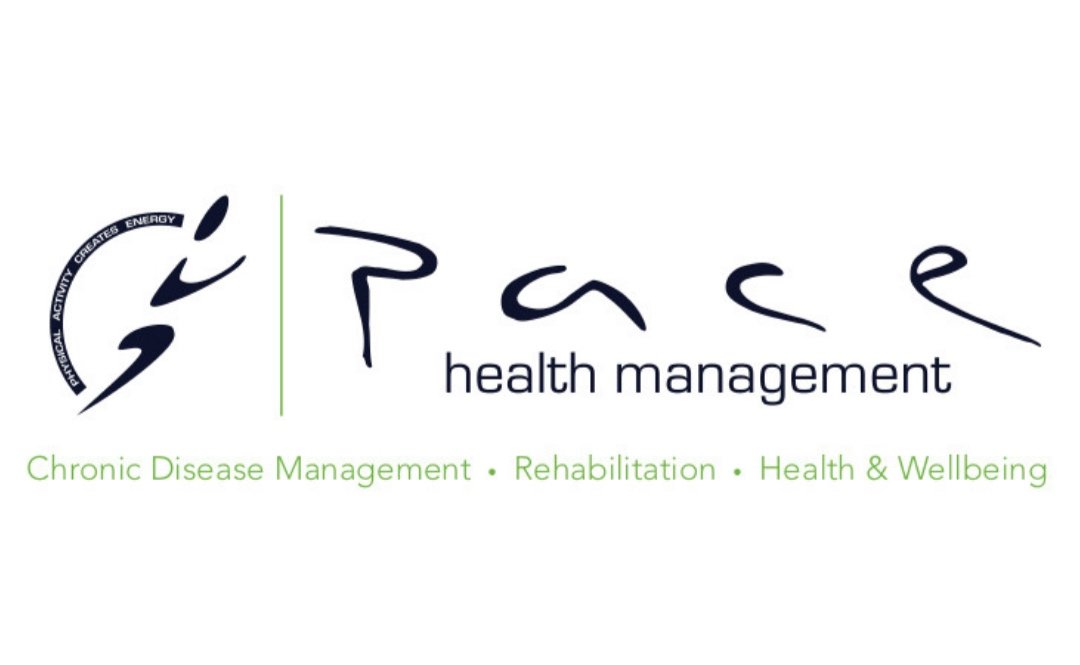Empowering Those with Multiple Sclerosis: The Transformative Power of Exercise and Movement
Multiple sclerosis (MS) is a complex neurological condition that affects millions of people worldwide, including a significant number of individuals in Australia. While there's currently no cure for MS, research has shown that exercise and movement can play a crucial role in managing symptoms, improving mobility, and enhancing overall quality of life for those living with the condition. In this blog, we'll explore the benefits of exercise for individuals with MS, along with insights from Australian research and statistics.
Understanding Multiple Sclerosis
MS is an autoimmune disease that affects the central nervous system, causing inflammation, demyelination (damage to the protective covering of nerve fibers), and a range of neurological symptoms. These symptoms can vary widely among individuals and may include fatigue, muscle weakness, spasticity, balance and coordination problems, cognitive impairment, and difficulties with mobility.
The Role of Exercise in Managing MS
While physical activity may seem daunting for those with MS, research suggests that structured exercise programs tailored to individual abilities can have profound benefits:
Improved Mobility and Function: Exercise can help individuals with MS maintain and improve their mobility, strength, balance, and coordination, reducing the risk of falls and enhancing overall functional capacity.
Reduced Fatigue: Contrary to common belief, engaging in regular exercise can actually help alleviate fatigue, a common and debilitating symptom of MS. Exercise has been shown to boost energy levels, improve sleep quality, and enhance overall well-being.
Enhanced Mood and Mental Health: Physical activity stimulates the release of endorphins, neurotransmitters that promote feelings of happiness and well-being. Regular exercise can help alleviate symptoms of depression and anxiety often experienced by individuals with MS.
Potential Neuroprotective Effects: Emerging research suggests that exercise may have neuroprotective effects in MS, potentially slowing disease progression and preserving neurological function over time.
Australian Research and Statistics
In Australia, research conducted by organizations such as MS Research Australia has contributed valuable insights into the benefits of exercise for individuals with MS:
A study published in the Multiple Sclerosis Journal found that a 12-week exercise program improved walking ability, fatigue, and quality of life in individuals with MS.
Another Australian study published in the Journal of Neurology reported that a tailored exercise program led to significant improvements in balance, walking speed, and quality of life for individuals with MS-related balance impairments.
These findings underscore the importance of incorporating regular exercise and movement into the management plan for individuals with MS, highlighting the potential for meaningful improvements in physical and mental well-being.
Seeking Support from Accredited Exercise Physiologists
If you or a loved one are living with MS and are interested in incorporating exercise into your routine, it's essential to seek guidance from qualified professionals. Accredited exercise physiologists specialize in prescribing exercise programs tailored to individual needs and abilities, taking into account specific symptoms, limitations, and goals.
Ready to Embrace the Power of Exercise?
If you're ready to harness the transformative benefits of exercise and movement in managing MS, schedule a consultation with one of our accredited exercise physiologists at PACE Health Management. Together, we'll develop a tailored exercise plan designed to help you thrive and live life to the fullest, despite the challenges of MS.
Remember, you're not alone on this journey. With the right support and guidance, exercise can become a valuable tool in managing MS and improving your overall well-being. Don't hesitate to take the first step towards a healthier, more active lifestyle today.
